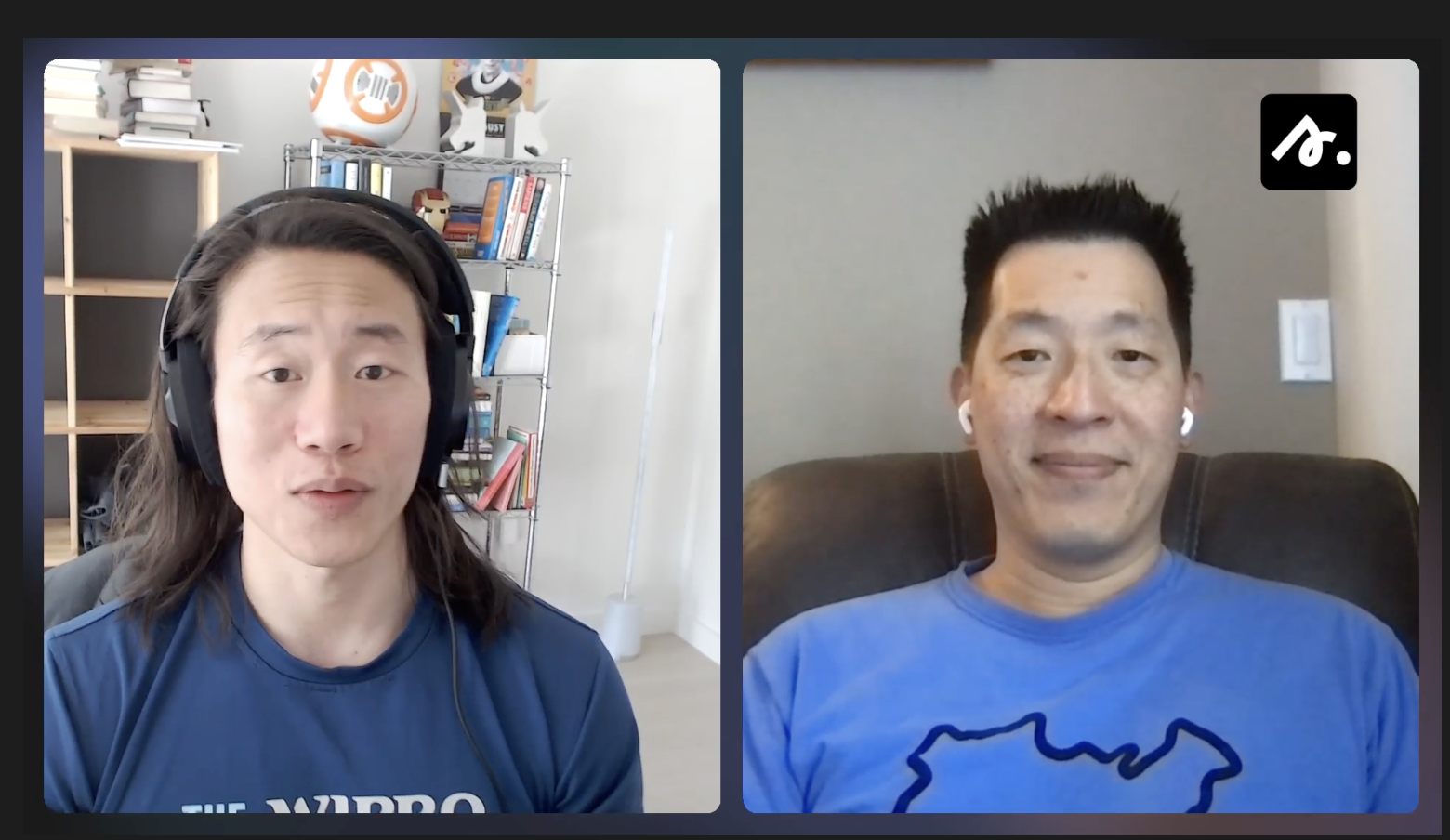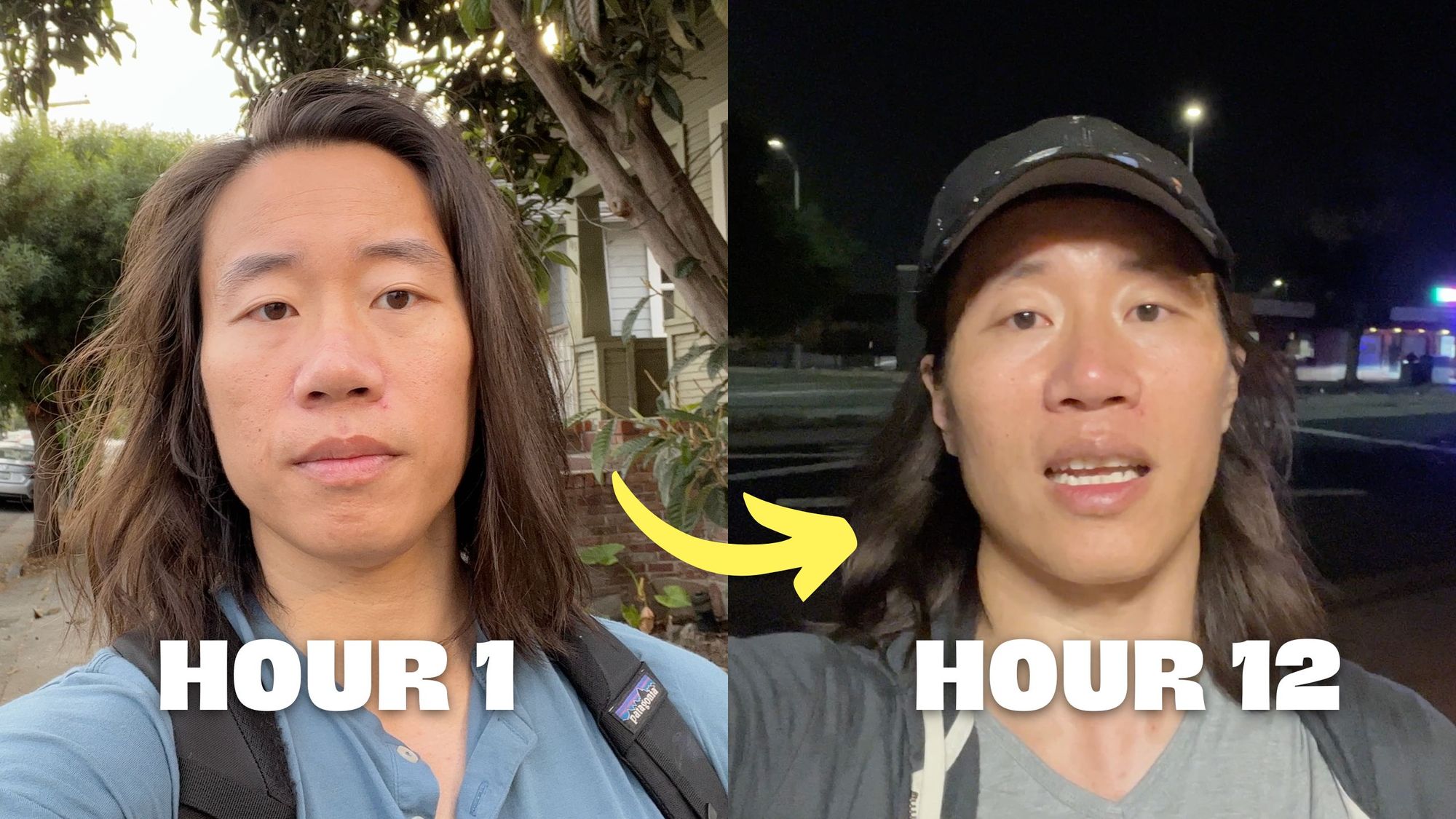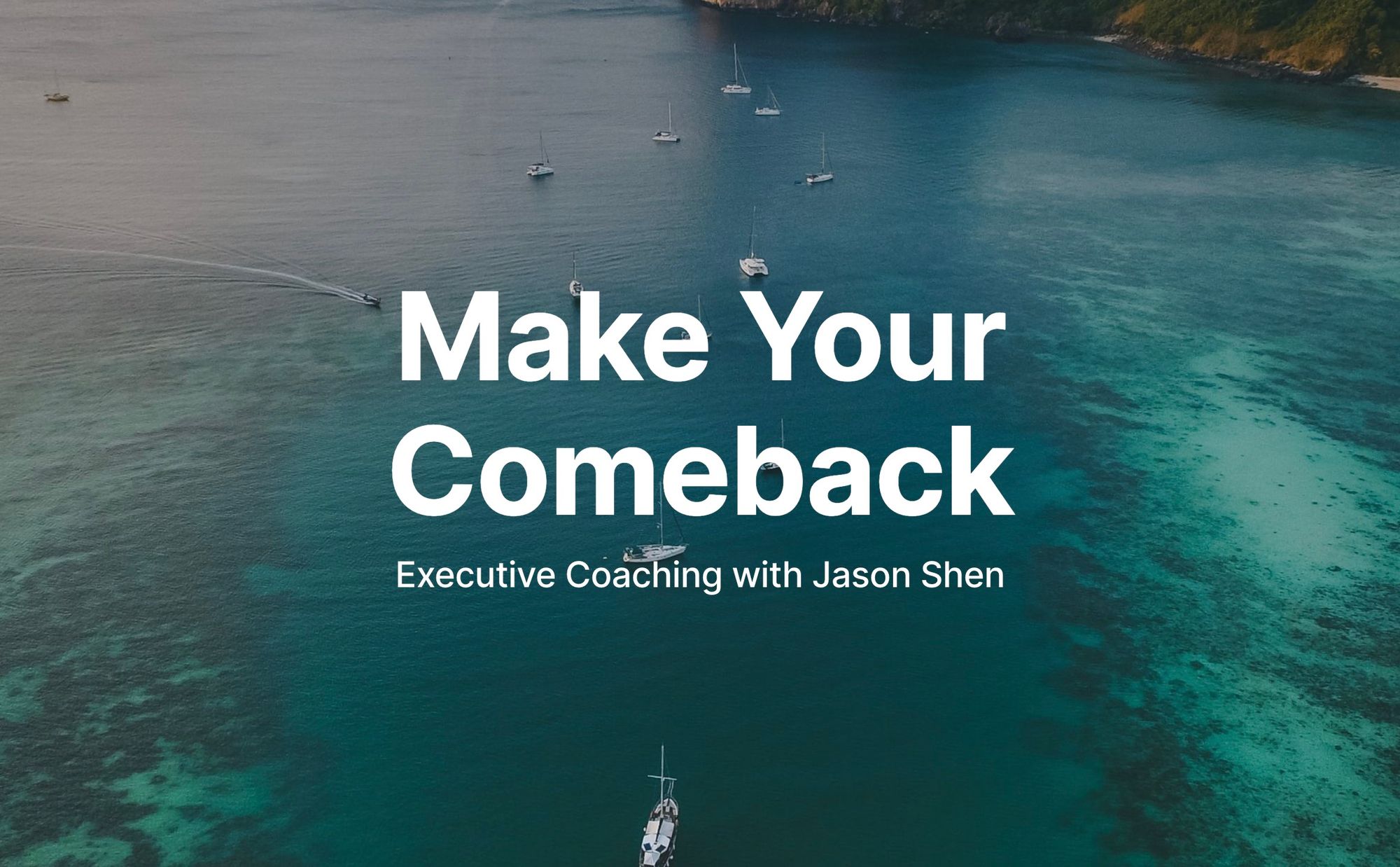Welcome new readers from Hacker News! Thanks for joining the newsletter.
For returning readers, there was robust debate about the last few issues about Philip Su's journey from tech CEO → Amazon warehouse worker in #120 and #121) with comments ranging from "poverty tourism" to "my parents did the same thing".
Read the HN thread here.
Today, I want to talk about the power of conviction and why cultivating a strong sense of conviction is so important when you are a founder, or really, any type of leader. Your conviction gives others the strength to take risks and try hard things.
The Power of Conviction
To be a founder is to be a modern day alchemist: through a kind of magic, you create something valuable out of nothing.
Of course some founders start with capital and connections gained from their years of work at a big tech company, or connections to friends at VC firms, but many of the greatest success stories in tech were truly scrappy:
- Sara Blakely of Spanx made the first version of her legendary leggings herself and sold the product herself even as she worked a day job, even landing herself on the Oprah Winfrey show.
- The founders of Airbnb rented air mattresses on their floor for last minute conference goers and sold boxes of cereal when they were running out of money and needed to keep their business afloat.
- With my first startup, Ridejoy, my cofounder slept on a mattress pad in my room for 6 months. We launched out of Y Combinator with hastily assembled website to share rides to Burning Man.

Founders assemble the assets & resources to make the vision real
As a founder, it’s your job to make the magic happen. You build, recruit and assemble the resources needed to launch the expedition and sail across the ocean to find treasure on the other side of the world.
Raising capital
The ex-Google founders of Humu, a people analytics company, came out of stealth with a sweet $10.6M in funding in 2017 without a publicly available product, giving them a huge leg up in a crowded market.
Recruiting talent
Contenda, a scrappy 9 person AI startup just recruited a big name in the developer community, Cassidy Williams, away from her position at a late-stage startup—beating out lucrative offers from FAANG companies—to join as CTO (I’m a tiny investor).
Form a community
Allison Esposito Medina started with a $0 and a Squarespace site and bootstrapped Tech Ladies into powerful network of 100,000 professional women and non-binary people and a multi-million dollar business.
Build a product
As legend has it, Drew Houston started working on v1 of Dropbox as a student at MIT on a bus ride after leaving his USB thumb drive at home (for the nth time), swearing to never lose his work again.
But conviction is an asset more valuable than any material resource
As important as funding, a brand, a team, a product, or a community are, they are still not the most valuable asset a founder has. That title belongs to something rather intangible: their conviction.
Conviction is about having good reasons to believe in success. Good reasons are rigorous, persuasive and can grow over time.
Tracy Young and PlanGrid
When Apple released the iPad, Tracy Young, a construction engineer, realized that it could be incredibly valuable to move from scattered paper blueprints to a digital device that always had the most up-to-date version.
But she discovered the first iPad didn’t even have enough memory to open a blueprint file. This would require ingenuity and thus could be an opportunity.
The seed of conviction was born.
She wasn’t technical so needed to recruited cofounders. They eventually got into Y Combinator’s Winter 2012. Their conviction grew. And when she closed her first million dollar deal, she knew she had something big. Big to the tune of $875M, which is what Autodesk paid for her company PlanGrid in 2018.
A founder must exude conviction like a flame
Every other resource emerges out of conviction. With conviction you can raise money, recruit a team, sign a customer, build partnerships, work with a vendor.
Founders serve as a continuous font of conviction. Like the Olympic Flame or a Hanukkah menorah’s shamash, your job as a founder is to stay ever lit and to light others. To help others have the conviction you have.
And even if you light someone else, it’s possible you will need to come back and renew their conviction as the difficulties and struggles of reality bear down on them.
As early Apple employee Andy Hertzfeld wrote of Steve Jobs’s legendary powers of conviction:
The reality distortion field was a confounding melange of a charismatic rhetorical style, an indomitable will, and an eagerness to bend any fact to fit the purpose at hand. Amazingly, the reality distortion field seemed to be effective even if you were acutely aware of it, although the effects would fade after Steve departed. We would often discuss potential techniques for grounding it … but after a while most of us gave up, accepting it as a force of nature.
Research shows founders that exude conviction can raise more capital
Conviction usually leads to a stronger sense of passion. And passion leads to funding.
According to research by Harvard Business School professor Laura Huang, passion is one of the most important qualities of a successful VC startup pitch. Founders rated high on passion were 7.4x more likely to receive funding than less passionate founders. Product performance, market size, bad data — none of these were as critical as passion.
Of course there can be a dark side to “too much passion”. The world understands the dangers of an overly charismatic founder, which is why we tell horror stories about them: Elizabeth Holmes and Theranos, Billy McFarland and Fyre Festival, Adam Neuman and WeWork.
Therefore: successful founders must continually cultivate and broadcast the 3 types of conviction
In the following essays in this series I will talk at length about how you develop and communicate your conviction and what to do when your conviction wavers.
For now, I’ll start with the fact that there are not just one, but three types of conviction:

Conviction type 1: You’re tackling a real problem
Many startups are solutions looking for problems. Identifying a tangible segment of the world that has shared characteristics (a market) that is or will soon be large and struggles with a burning problem or unmet need is the first and perhaps most obvious type of conviction.
Conviction type 2: Your approach to solving the problem will work
Once you’re clear what problem you’re solving and who you’re solving it for, you need to focus on the solution and the business model. Can you actually create an experience that is 2x, 3x, 10x better (cost, convenience, quality) than the current best alternative? And can you do so in a way that lets you take in more and more profit as you scale? This is conviction type 2.
Conviction type 3: You & your team has what it takes to execute your vision
While the first two types of conviction are visible, in the sense that anyone can analyze the same problem (“people need to get from point A to point B in a city”) and the same solution concepts (“let them hail a car from their phone”), this type of conviction is much more hidden. As a founder, just how driven are you? Just how resourceful are you and your cofounders willing to get when things are down? Just how quickly can you level up your sales, managerial, and recruiting skills when that time comes? This third type of conviction is one only you can know—and hopefully exude to those who work with you.
Recent Issues



More Resources and Fun Stuff
- Book Notes: Summaries / quotes from great books I've read
- Scotch & Bean: a webcomic about work, friendship, and wellness
- Birthday Lessons: Ideas, questions, and principles I've picked up over the years
- Career Spotlight: A deep dive into my journey as an athlete, PM, founder, and creator.
Work with Me
Working with an executive coach can help you take on bigger and bolder opportunities in a volatile environment—without destroying your sense of self.
I currently have 1-2 open slots for new clients so if that sounds interesting, take a look.

Executive Coaching with Jason
I partner with entrepreneurial leaders to beat burnout, navigate change, and ship work that matters.


